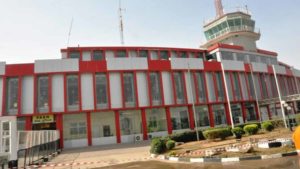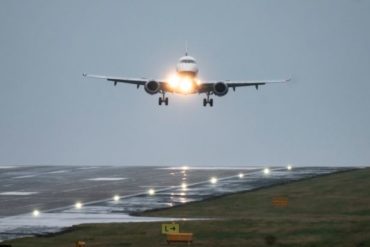
*NANTA honours Ganduje for travel, tourism devt
About nine months after Emirates Airline withdrew services from Nigeria, the lingering row has continued to hurt both Nigeria and the United Arab Emirates (UAE).
While the UAE has lost patronage and revenue from one of its global busiest routes in Lagos, Nigerians too are missing their easiest transit corridor in Dubai Airport, coupled with Emirates’ footprints in local partnerships.
Governor Abdullahi Ganduje of Kano State, yesterday, lamented that since Emirates withdrew services over the COVID-19 test row, the partnership to transform the Mallam Aminu Kano International Airport (MAKIA), Kano, has been stalled.
Ganduje, at his unveiling as the National Association of Nigerian Travel Agencies’ (NANTA) Governor of the Year, said the state should have been better off with daily Emirates’ flights from Kano, but for the hiatus.


